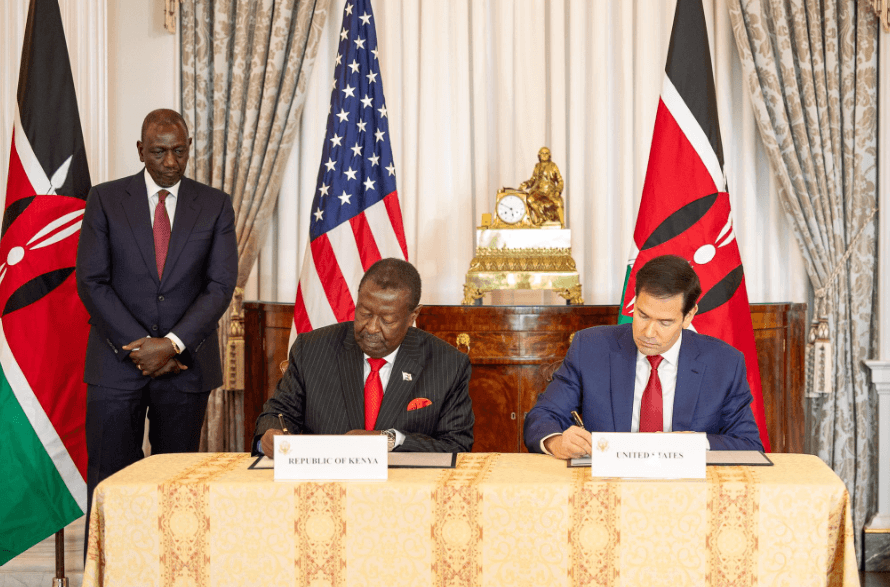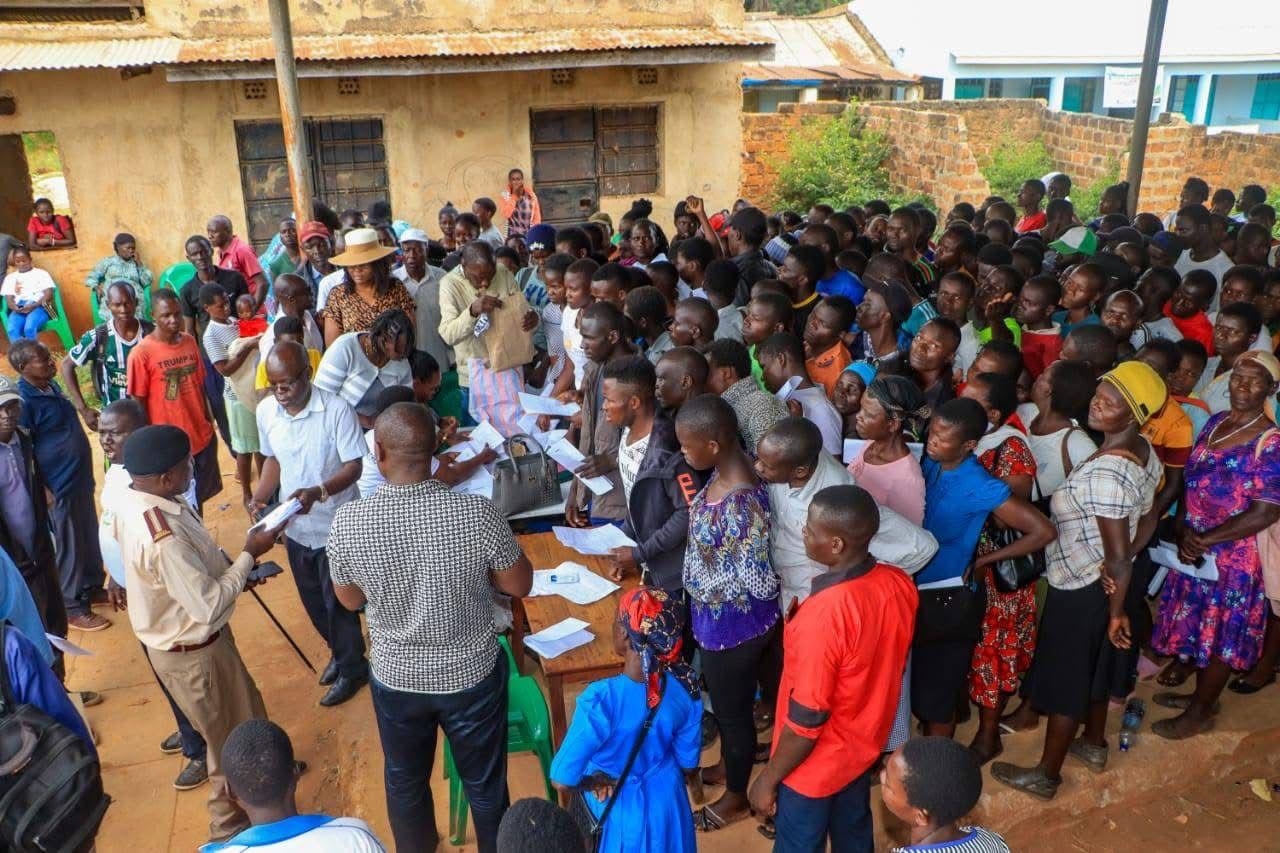One of Kenya’s smallest universities, recently ranked the third best locally, has announced that it is moving to a new location.
Amref International University, based in Lang’ata, is one of the youngest and tiniest universities in Kenya with just about 2,900 students.
It was last week ranked third-best university in Kenya in the Times Higher Education - World University Rankings 2025.
The Times report caused ripples after ranking Kenyatta University ahead of the University of Nairobi, which has been embroiled in a year-long wrangle to push the vice chancellor out.
Gushing over the ranking, the Amref University boasted that it is preparing to move to its new Nairobi Northlands campus in March next year.
“While training has always been integral to Amref’s mission, AMIU was established as an applied health sciences university to develop a health workforce equipped to drive equitable access to primary healthcare across Africa. With our focus on training, research, and innovation in health sciences, we are proud to be contributing to bridging the critical gap in the continent’s health workforce,” said Dr Githinji Gitahi, Group CEO, Amref Health Africa, the university sponsors.
“It’s a moment of pride for us to see the university standing tall, just a few years after its founding in 2017. Congratulations to our students, parents, university council and our dedicated teaching and non-teaching staff.”
In a statement, the university said its student body comes from 26 countries (Angola, Botswana, Burundi, Cameroon, Democratic Republic of Congo, Eritrea, Ethiopia, Ghana, India, Liberia, Malawi, Mali, Mozambique, Nigeria, Portugal, Rwanda, Senegal, Sierra Leone, Somalia, South Africa, South Sudan, Swaziland, Tanzania, Uganda , Zambia and Zimbabwe.
It also said it has a deliberate gender bias to women and girls in its health workforce.
It mostly offers courses in primary healthcare training.
The university said the ranking reflected its commitment to advancing the United Nations Sustainable Development Goals, particularly SDG 3 — ensuring healthy lives and promoting well-being for all.
This focus extends to Zero Hunger (SDG 2 ), Gender Equality (SDG 5 ) and Clean Water and Sanitation (SDG 6 ), which are essential drivers of health and key pillars of Amref’s corporate strategy.
“This recognition is a testament to the power of collaboration and the strength of our partnerships,” said Joachim Osur the vice chancellor.
“Our success is built on the foundation of joint research projects, impactful publications, and outreach programmes with our valued partners. We are grateful for their unwavering support, which has played a significant role in boosting AMIU’s global visibility and impact.”
The campus currently has a population of 1,045 undertaking undergraduate courses, 480 undertaking masters programmes and 1,379 pursuing diplomas and certificates.
University rankings have been controversial for decades, but they are nonetheless closely watched.
The recent Times Higher showed KU performed better in teaching, earning a score of 14.2 per cent, compared to UoN’s 12.5 per cent.
However, UoN still leads in research
quality, with 37.3 per cent compared
to Kenyatta University’s 27.2 per cent.
















